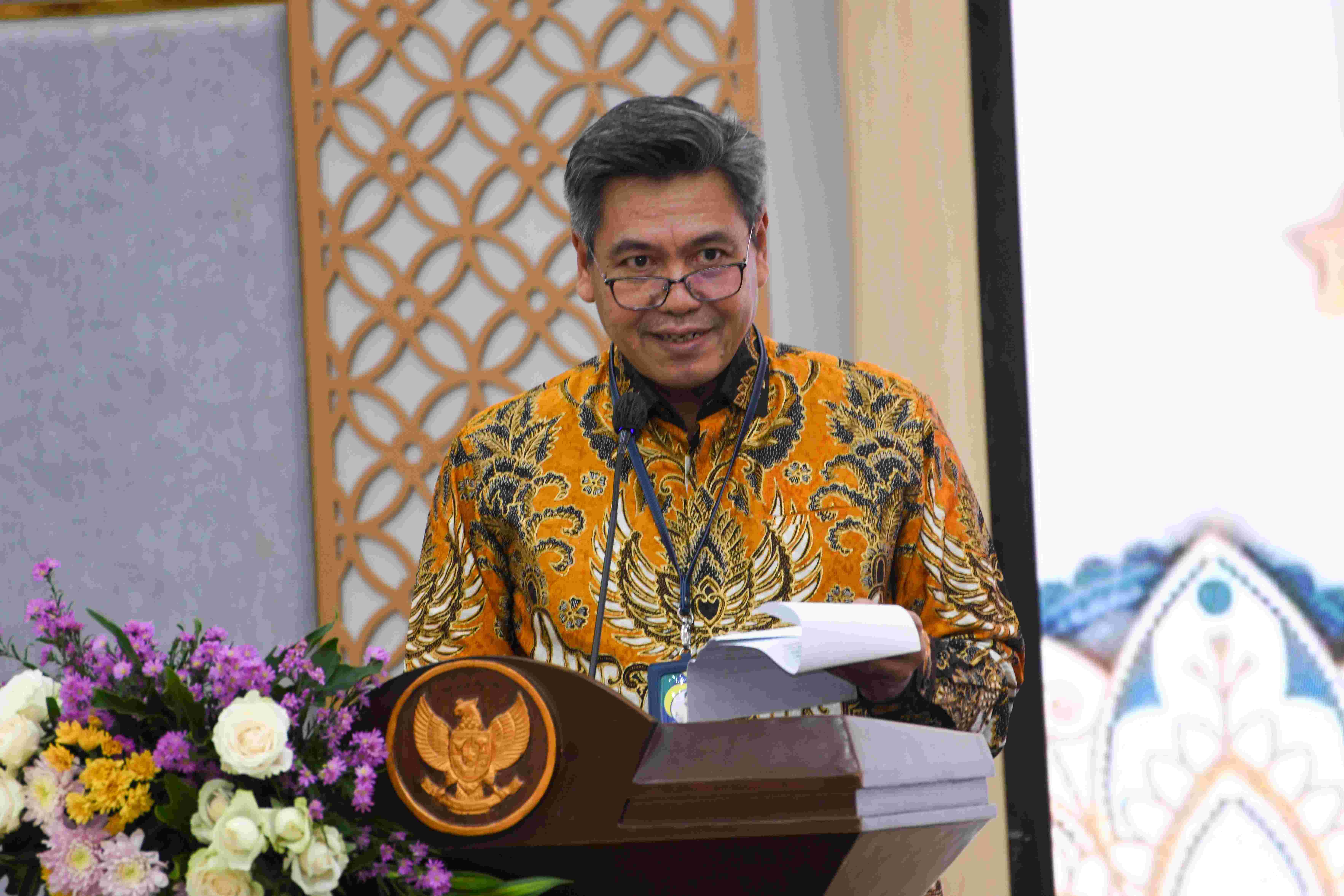The Indonesian Ministry of Industry (Kemenperin) has officially launched a pilot project to produce palm sugar from the trunks of old oil palm trees.
This initiative is part of a strategic move to accelerate downstream palm oil development and enhance the rural economy, particularly during the replanting period.
“This event follows the signing of a Cooperation Agreement between PTPN IV/Palmco and the Gerak Nusantara Sejahtera Producers Cooperative (KPGNS) on April 10, 2025,” stated Putu Juli Ardika, Director General of Agro Industry at Kemenperin, during a virtual speech on Monday (23/6).
Putu emphasized that this pilot project represents a tangible implementation of the national industrial downstreaming policy.
It seeks to optimize the economic value of old oil palm trunks, a resource that has been largely neglected after replanting efforts.
“Utilizing old palm trunks for palm sugar production is not just an industrial innovation; it is a sustainable solution to empower the local economy, especially during the early replanting phase when the new trees have yet to yield crops for three years,” he explained.
Massive Production Potential Across 300,000 Hectares
According to Kemenperin’s calculations, one hectare of oil palm land, typically containing 25 to 30 old trees, can yield between 5,000 to 6,000 liters of palm sap per month.
When scaled to the national replanting target of 300,000 hectares annually, the potential production could reach 1.5 to 1.9 million kiloliters of palm sap per year.
This volume is valued at an estimated IDR 3 trillion in market potential.
“This enormous potential can drive community-based enterprises and empower residents around the plantations,” Putu noted.
Expanding Use in Food Industries with National Standards
The red sugar derived from palm sap has wide market appeal, particularly as a raw ingredient for soy sauce, traditional syrups, and ready-to-use liquid sweeteners.
Processing technology for palm sugar has rapidly advanced and is already supported by Indonesia’s national standard, SNI 01-6237-2000 for red sugar.
Multi-Stakeholder Collaboration for Economic Sustainability
Putu urged active participation from plantation companies, cooperatives, and micro, small, and medium enterprises (MSMEs) to ensure the pilot project’s success and build a synergistic, sustainable local economy.
“This cooperation is grounded in MoUs and PKS documents signed earlier at the PTPN IV/Palmco Adolina office,” he said.
The signing event was also attended by members of the Indonesian Parliament’s Commission VII, who expressed full support for the initiative and encouraged its expansion to other key provinces.
Putu concluded by appealing to regional authorities, particularly in North Sumatra, to monitor progress and provide facilitation to resolve both technical and non-technical challenges on the ground.
“We hope that this pilot project for producing palm sugar from old oil palm trunks can proceed smoothly and bring economic benefits to the people,” he said.
PHOTO: KEMENPERIN
This article was created with AI assistance.
Read More






 Friday, 27-02-26
Friday, 27-02-26







